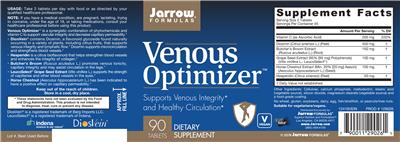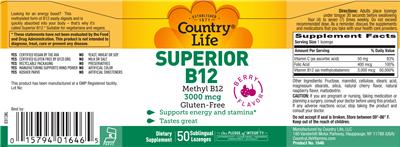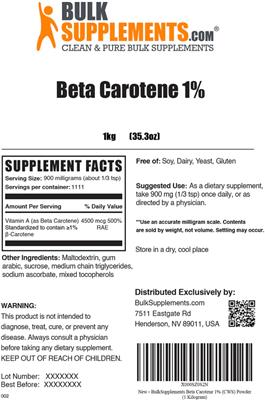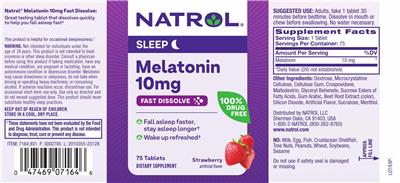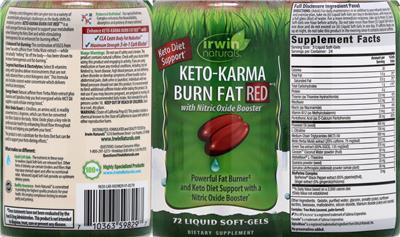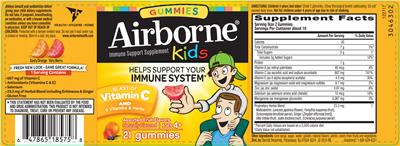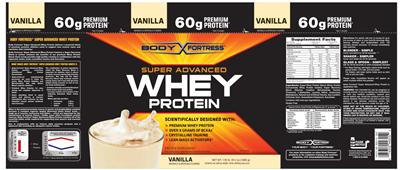Maltodextrin
Category: Complex Carbohydrate
Group: Maltodextrin
Maltodextrin is a polysaccharide that is commonly used as a food additive. It is produced from starch through partial hydrolysis and is often used as a thickener or filler in processed foods. Maltodextrin is easily digestible and can provide a quick source of energy, making it popular in sports drinks and supplements.
Also known as:
UNII Code: null
Disclaimer: The information below is AI-generated analysis and should not be considered medical advice. Data may be incorrect, incomplete, or outdated. We are not responsible for the quality, accuracy, or reliability of this information. Always consult your healthcare provider before using any ingredients or products.
Uses
Maltodextrin is primarily used as a carbohydrate source in sports nutrition products, energy drinks, and meal replacements. It can help to quickly replenish glycogen stores after exercise and is often included in formulations for weight gain and muscle recovery.
Common Uses:
Side Effects
Maltodextrin is generally considered safe for most people when consumed in moderate amounts. However, excessive intake may lead to gastrointestinal discomfort, including bloating, gas, and diarrhea.
Common Side Effects:
Rare Side Effects:
Precautions
Individuals with diabetes should monitor their blood sugar levels when consuming maltodextrin, as it can cause a rapid increase in blood glucose. Those with allergies to corn or other starch sources should also exercise caution.
Avoid if:
Consult healthcare provider if:
Drug Interactions
Maltodextrin may interact with medications that affect blood sugar levels, such as insulin or oral hypoglycemics. It is advisable to consult a healthcare provider if you are on such medications.
Medications that may interact:
Dosing
There is no established recommended daily intake for maltodextrin, as it is typically consumed as part of a food or supplement. However, it is commonly used in doses ranging from 15 to 30 grams per serving in sports nutrition products.
Notice something incorrect?
If you notice any false or inaccurate information in our ingredient listings, please contact us so we can correct it.



